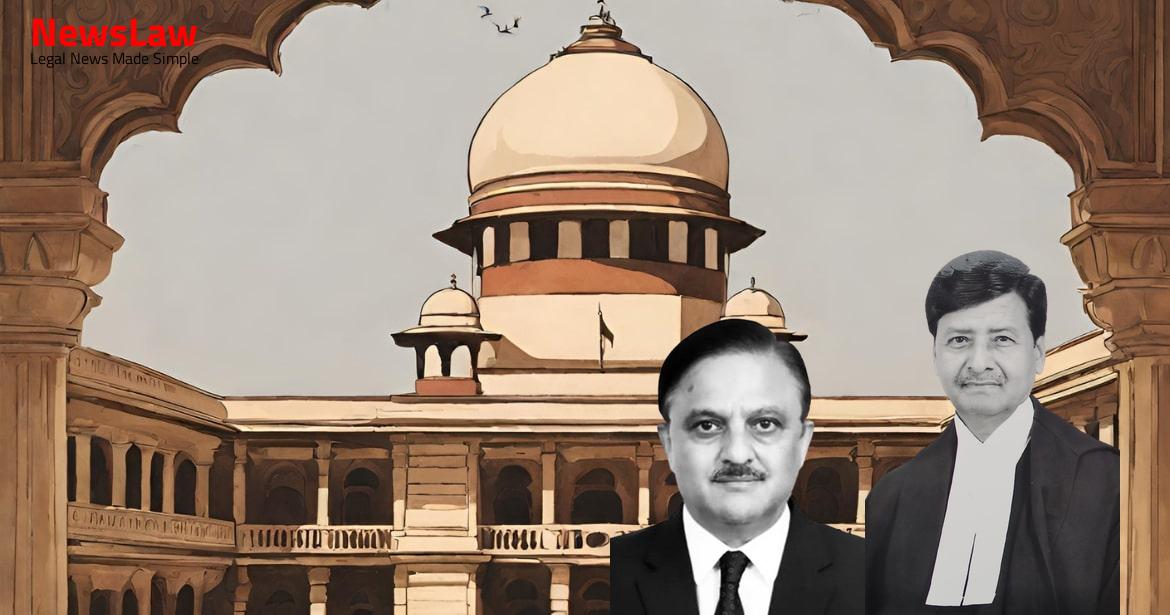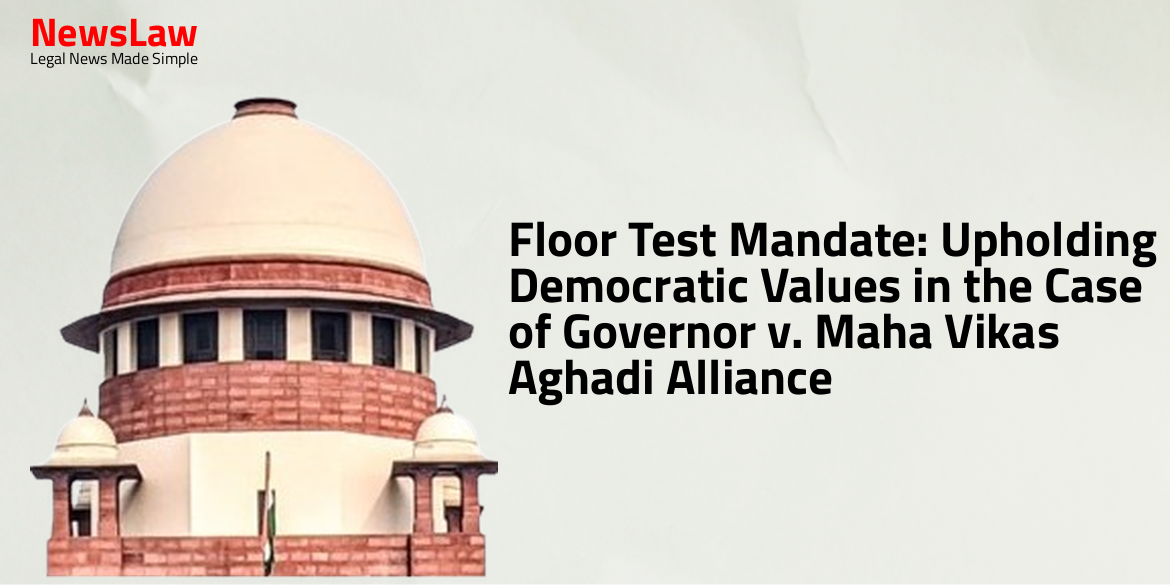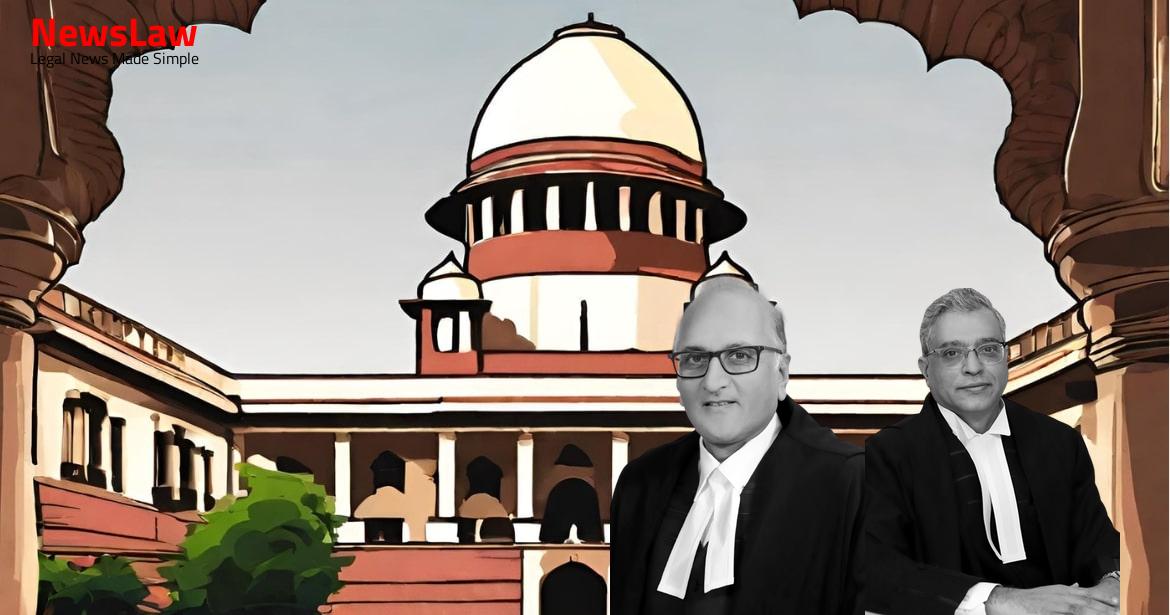Delve into the nuanced legal analysis of a recent case revolving around the inter se seniority of compassionate appointees and direct recruits. The Court’s examination of the regularization process and seniority assignment offers crucial insights into the legal framework governing appointments in government departments. Stay tuned to unravel the complexities and implications of this intriguing legal dispute.
Arguments
- The matter under consideration pertains to the inter se seniority of compassionate appointees versus direct recruits.
- The issue was brought before the Court on 20th September 2013.
- The petitioner, represented by Mr. P. P. Rao, is not challenging the appointment of respondent Nos. 5 to 37.
- The petitioner’s concern lies in the fact that, despite being appointed prior to her, the regularisation of these appointees came after her appointment through a Government Order dated 26th September 1996 with retrospective effect.
- The petitioner asserts that these compassionate appointees, though irregularly appointed, are being granted seniority over her, a direct recruit on merit, which is the basis of her grievance.
Also Read: Admission Deadline Adherence in Medical Courses
Analysis
- Dependants of deceased Government servants can be appointed in any department.
- Qualifications of the applicant should be considered for appointment.
- Dependants can be appointed in a different department if qualifications do not permit appointment in the same department.
- Concurrence of the Head of the other Department is required for appointment in a different department.
- The seniority list dated 1 January, 2004, reflects that the compassionate appointees were regularized before the appellants joined service.
- The seniority list assigned seniority to the compassionate appointees in accordance with Rule 35(aa) of Rules 1955.
- Despite the compassionate appointments being made de hors the judgment of the Court, the compassionate appointees were allowed to continue in service for over two decades.
- The State Government failed to comply with the judgment in Nagpal’s case, which prohibited compassionate appointments to Class II posts until revised in 2006.
- The State Government made compassionate appointments in Group ‘B’ posts after the judgment in Nagpal’s case, overlooking the binding nature of the judgment.
- An additional affidavit filed by the State Government did not satisfactorily explain the non-compliance with the Court’s judgment.
- The Division Bench declined to interfere with the compassionate appointments despite acknowledging the violations.
- The Court refrained from disturbing the seniority assigned to compassionate appointees, considering their long service tenure and promotion statuses.
- The Court expressed displeasure at the State Government’s continued flouting of the Court’s judgment in making such appointments.
- Ultimately, the appeals were dismissed with observations, and no costs were imposed.
- Compassionate appointments should be restricted to Class III and Class IV or Group ‘C’ and Group ‘D’ positions.
- The State Government limited compassionate appointments to Group ‘C’ and Group ‘D’ posts.
- Exceptions for compassionate appointments are made for dependents of employees who died in service and left their families in financial distress.
- Compassionate appointments are made based on the eligibility of the dependent and the post held by the deceased member.
- Earlier, appointments were made in Class II posts, leading to restrictions imposed by the court in Nagpal’s case on May 4, 1994.
- Compassionate appointments are not a vested right but a means of providing relief to families facing financial hardship due to the sudden loss of the breadwinner.
Also Read: From Nominee to Disqualified: Supreme Court Scrutinizes Age Evidence, Declares Election Invalid
Case Title: M KENDRA DEVI Vs. THE GOVT. OF TAMIL NADU (2022 INSC 288)
Case Number: C.A. No.-001918-001919 / 2022



